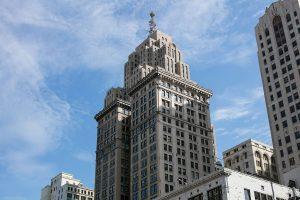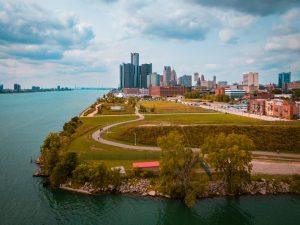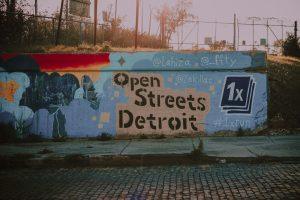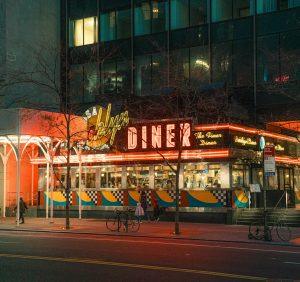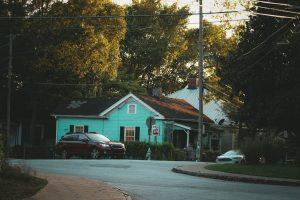Detroit isn’t just known for its auto industry or Motown legacy—it’s the beating heart of Black pride in Michigan. In recent years, Black pride in Detroit has grown louder, bolder, and more unapologetic, rooted in a rich legacy of activism, artistry, and community strength. From the east side to the west, the city is experiencing a cultural renaissance that celebrates Black identity not only as heritage but as a powerful vision for the future.
While some outsiders might reduce Detroit to headlines about decline, locals know the truth—this city runs on resilience. And nowhere is that more apparent than in the neighborhoods where Black Detroiters are reclaiming space, rewriting narratives, and redefining success on their own terms.
Take a walk through the Avenue of Fashion on Livernois and you’ll see what pride looks like. Black-owned boutiques, natural hair salons, and art galleries are thriving. Events like Juneteenth celebrations in Palmer Park and the African World Festival at Hart Plaza draw thousands in celebration of Black excellence. This isn’t nostalgia—it’s momentum.
The roots of this pride run deep. Detroit played a key role in the civil rights movement and was home to legends like Rosa Parks and Malcolm X. Fast-forward to today, and you’ll find a new generation of activists, creatives, and entrepreneurs leading the charge. They’re fueled not by shame, but by pride in their roots and determination to shape the narrative themselves.
What’s especially striking is how Detroit’s younger generation is embracing this movement. From local high schools to Wayne State University, young people are standing tall, speaking up, and taking pride in their identity. Social media is amplifying their voices, turning local struggles into national conversations and neighborhood wins into citywide celebrations.
Even the music scene is experiencing a shift. While Motown’s soulful sound still echoes, local artists are blending hip-hop, spoken word, and jazz to tell stories of Black Detroit with raw authenticity. This new sound is less polished but more personal—and it’s getting noticed across the country.
Another crucial piece of this resurgence is the growth of Black-owned businesses. From vegan soul food spots to community bookstores and wellness centers, these businesses aren’t just selling products—they’re building culture. In a city where gentrification is a looming threat, supporting local Black entrepreneurs has become a movement of pride and preservation.
Detroit also continues to be a hub for political and social change. Grassroots organizations are demanding better housing, education, and health access for Black communities. From community cleanups to city council races, residents are taking pride in being part of the solution.
There’s also a renewed focus on mental health in Detroit’s Black community, breaking long-standing stigmas. Local therapists, wellness coaches, and community groups are helping residents understand that healing is not weakness—it’s power. This emotional resilience is part of the broader tapestry of Black pride in Detroit.
It’s important to note that pride doesn’t mean perfection. Detroit’s Black community faces real challenges—poverty, underinvestment, and systemic racism. But instead of being defined by struggle, the city is defining itself through survival and celebration. Pride here is not passive—it’s proactive.
To walk through Detroit today is to witness a city that’s building something new while staying rooted in what’s always made it strong—its people. Whether it’s a mural of a local hero on the side of a building, a spoken word session in a neighborhood café, or a high school student presenting a research project on Detroit’s Black history, you’ll find the same heartbeat of pride pulsing through it all.
As Detroit continues its comeback story, it does so with Black pride not as a side note—but as the foundation. And that pride is loud, visible, and contagious.

